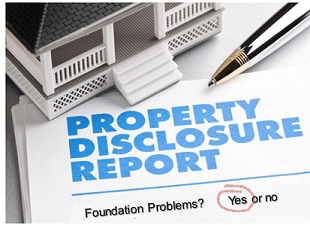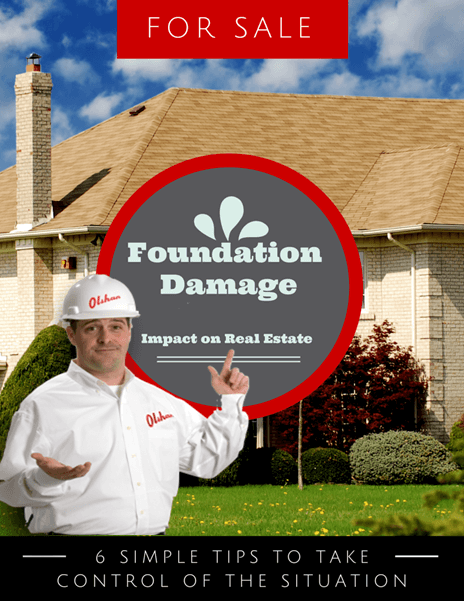Foundation problems can be a red flag when you’re trying to buy or sell a home, but the good news is that it doesn’t have to be a deal breaker. In many cases, armed with the right information, you can work things out for both parties without too much expense or stress.
Can I sell a home with foundation issues?

Here are 6 simple ways to get a quick handle on the situation:
- Check for cracks inside and outside your home in the walls and foundation
- Notice the location, shape and severity of the cracks – some may only be cosmetic
- Make a note of doors and windows that stick or don’t open or close properly
- Be aware of water damage or moisture that collects around foundation elements
- Talk with your realtor about these signs and use a qualified home inspector
- Get a free estimate from a reputable foundation repair company
Once you know the specific foundation issue you’re facing and how severe it is, you’ll be in a better position (and most likely a calmer state of mind) to make useful decisions. It’s best to get a professional realtor’s advice on this, but in many cases you’ll save money in the long run by handling the repairs yourself, rather than cutting your price and leaving them for the buyer to fix.
Another advantage of managing the repairs before you sell is that your buyer’s home loan is more likely to be approved (which means a quicker sale for you) if you can show that any needed repairs are complete. Some contractors may defer the cost of repairs until the buyer’s loan is funded and take their fees at closing.
Should I risk buying a home that needs foundation repair?
Just as we’ve seen from the seller’s point of view, signs of foundation trouble don’t automatically mean that the home is a bad deal for the buyer. In fact you may be able to get a bargain.
Again, you’ll want advice from your realtor on this, but if the house meets your needs for features, location and price, it’s worth finding out how serious the foundation problems really are and what repair options are available. Depending on the extent of the damage, the cost of foundation repair may fall well below the discounted price of the home. Reputable companies can correct the structural damage and many (like Olshan) offer warranty options to help protect against shifting in the future.
Keep in mind that all houses tend to settle as they age because of normal variations in weather and construction materials, especially in climates susceptible to damage, like Texas where the real estate market is booming. Often this settling process will show up in the form of harmless cracks or other minor cosmetic conditions like small patches of loose masonry grout that can be easily and inexpensively repaired.
What you want to watch out for is cracks that keep getting bigger, walls that begin to bulge, increasingly uneven floor areas, unexpected moisture, rot or erosion around foundations and support members, doors and windows that stick or won’t latch like they used to and other signs of structural damage. When you’re shopping for a home, always insist on a report from a qualified home inspector and consider calling on a structural engineer for an evaluation if you think the foundation might be damaged.
Reputable foundation repair companies can provide an estimate which will help you and your realtor decide how to work potential repair costs into your offer for the house. In many cases foundation problems can be resolved affordably for all parties, and sellers are often motivated to compromise rather than lose the sale.
In short, foundation problems don’t have to be a deal breaker for buyers or sellers, but it’s important to ask direct questions and seek the right professional help before you commit.

